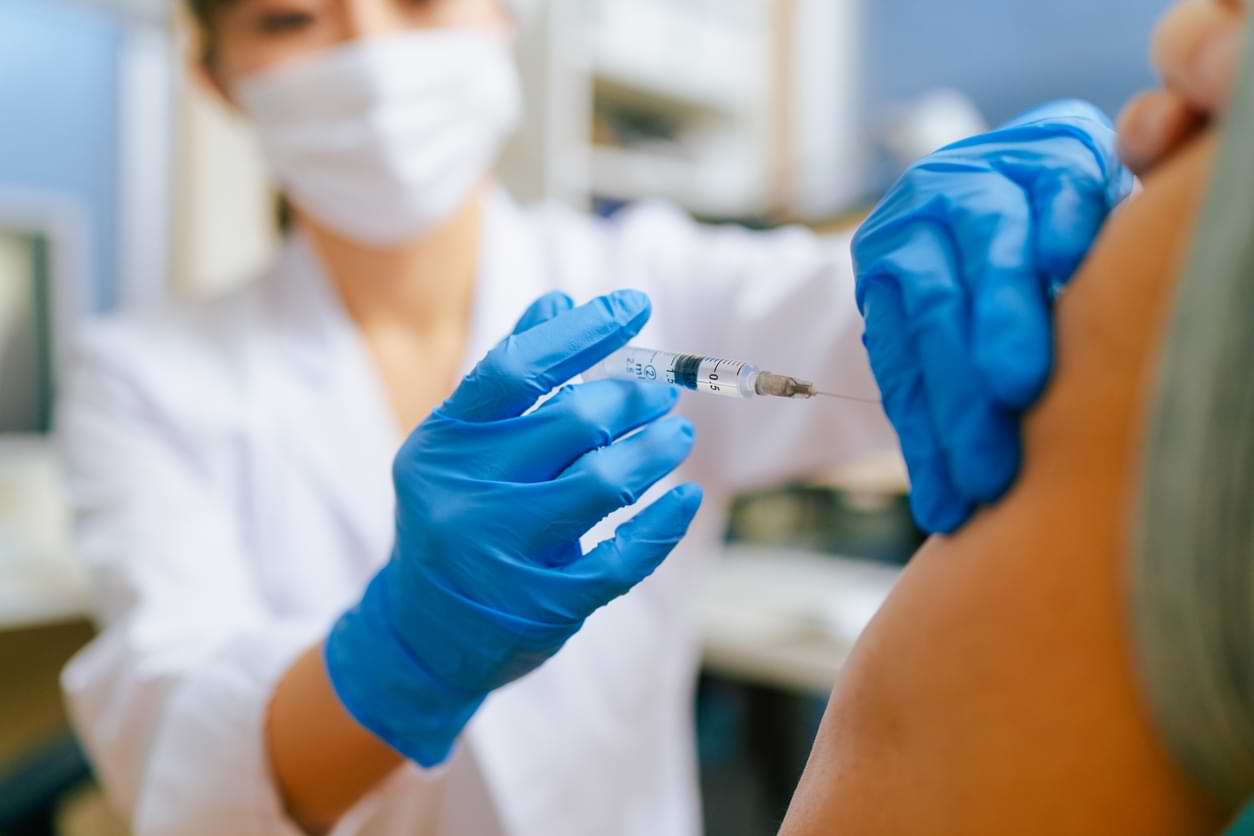Why Vaccinate?
Vaccinations are a common topic of discussion these days, but it isn’t always easy to find clear and accurate information on what they are or why they are recommended. As a trusted compounding pharmacy, our team at Fresh Therapeutics understands the importance of feeling comfortable before getting vaccinated. This is why we have decided to create a straight-forward guide to vaccination that will address all of your unanswered questions.
How Do Vaccines Work?
Vaccinations are developed to prevent the occurrence and spread of disease. Miraculously, they protect us from harmful diseases before we even have the chance to catch them. They do this by working with our body’s natural defences to build resistance to certain infections.
Vaccines contain killed or weakened forms of germs like bacteria or viruses. When you get vaccinated, your immune system will respond by first recognising the invading germ, and then producing the correct antibodies to fight it. From this point onwards, your immune system will remember the disease and know how to combat it. If you are exposed to that same germ in the future, your immune system will be able to respond quickly and destroy the infection before you get sick. It should be noted that the weakened form of the germ contained in the vaccine is not strong enough to actually cause the disease or put you at risk of its effects.
Why Should You Get Vaccinated?
Medical professionals strongly encourage vaccination for two reasons; to protect yourself, and to protect others. Getting vaccinated will minimise your risk of becoming seriously ill or disabled from an illness. The danger posed by potentially life-threatening illnesses such as measles, meningitis, tetanus, pneumonia, and polio are significantly lessened by vaccinations. According to WHO, childhood vaccines alone are estimated to save over 4 million lives every year.
Although some of the diseases listed are no longer common, it is important to take the preventative measures available and get vaccinated. The germs that contribute to the spread of these diseases still exist in some or all regions of the world, and can easily cross borders to infect unprotected populations. Making the choice to get vaccinated will also protect others, as vaccinations are not available to everyone. People who are seriously ill or have specific allergies, as well as very young babies, are all unable to get vaccinated. This means that they rely upon others to protect them from vaccine-preventable diseases.
Are There Any Side Effects to Vaccination?
Vaccines can cause mild side effects that last a few days without medical intervention. These side effects include a low-grade fever, or pain and/or redness at the point of injection. Side effects such as these are normal, manageable, and not unlike those experienced from any other medication. Severe or long-term side effects are extremely rare, but vaccines are monitored after their administration on the odd chance that they occur.
How Long Are You Protected After Vaccination?
Vaccines prepare your immune system for the possibility of future infection. After being exposed to the germ via the vaccine, your immune system will remember the associated disease and know how to fight it. Since your immune system has an excellent memory, one or two doses of a vaccine will be enough to keep you protected for years, decades or even a lifetime. Vaccines are so effective because of this very reason. Rather than treating illnesses, they prevent them from ever occurring in the first place.

